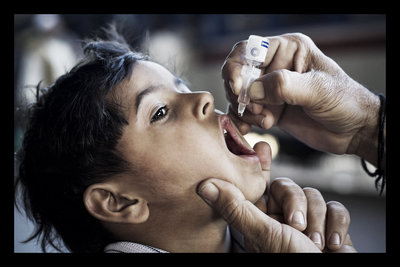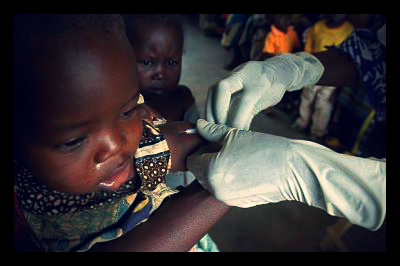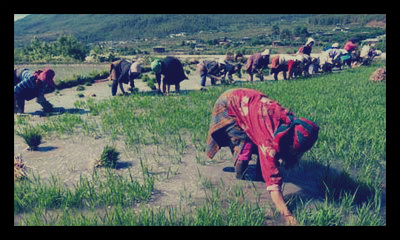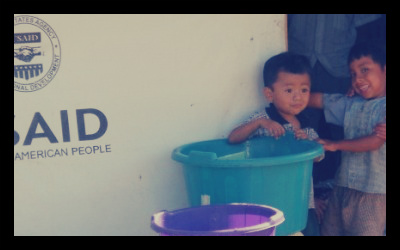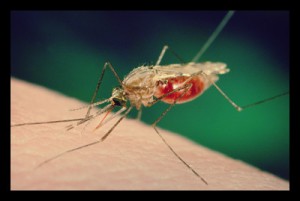
Those who have visited a developing country are familiar with doctors (and parents) constantly reminding us to take our malaria pills before departure. These travelers realize that the pills will prevent them from contracting the disease, but what exactly is malaria? How do you get it? How does it spread? These are questions that many people in America and the Western world have never had to ask themselves. However, for the million people who die from this disease each year, the disease is very real and very dangerous. It all comes down to one little parasite.
Actually, there are five different types of parasites that cause malaria. These tiny organisms cannot survive without a host. The most fatal, but preventable, kind is called Plasmodium falciparu and it causes a majority of total malaria deaths every year.
The disease spreads through humans and female Anopheles mosquitoes. The infected mosquito ingests blood from a human to feed its eggs and simultaneously injects its victim with malaria organisms. The parasites now in the person’s body are absorbed by liver cells and quickly replicate, can remain dormant for up to several years, and then burst into the bloodstream, replicating and destroying blood cells.
Symptoms of malaria are often similar to those of the flu. These include chills, headache, nausea, vomiting, diarrhea, muscle aches, and fatigue. However, if it is not immediately treated, it becomes severe malaria. The infected person will then begin to experience worse symptoms, like coma, difficulty breathing, low blood sugar, and severe anemia. When it becomes severe and goes untreated, it can lead to death. Children are particularly vulnerable because of their underdeveloped immune systems.
International health organizations are working diligently to reduce the number of the cases in the world. Ways to prevent malaria include insecticide-treated mosquito nets and insecticide spray. There are also medicines available to cure malaria infections. The World Health Organization has recommended artemisinin-based combination therapy to treat the disease, but a diagnosis is often just as important in preventing malaria deaths as medicine. Malaria researchers are developing a vaccine; unfortunately, it has not yet been perfected.
The need for new malaria treatments is imperative for everyone living in developing countries, but especially for children. Given how preventable and treatable it is, travelers need not worry; however, medicine often does not reach impoverished people in third-world countries who really need it. With public support, health organizations are working to make sure this becomes a trend of the past.
– Mary Penn
Source: MMV
Photo: X Index

